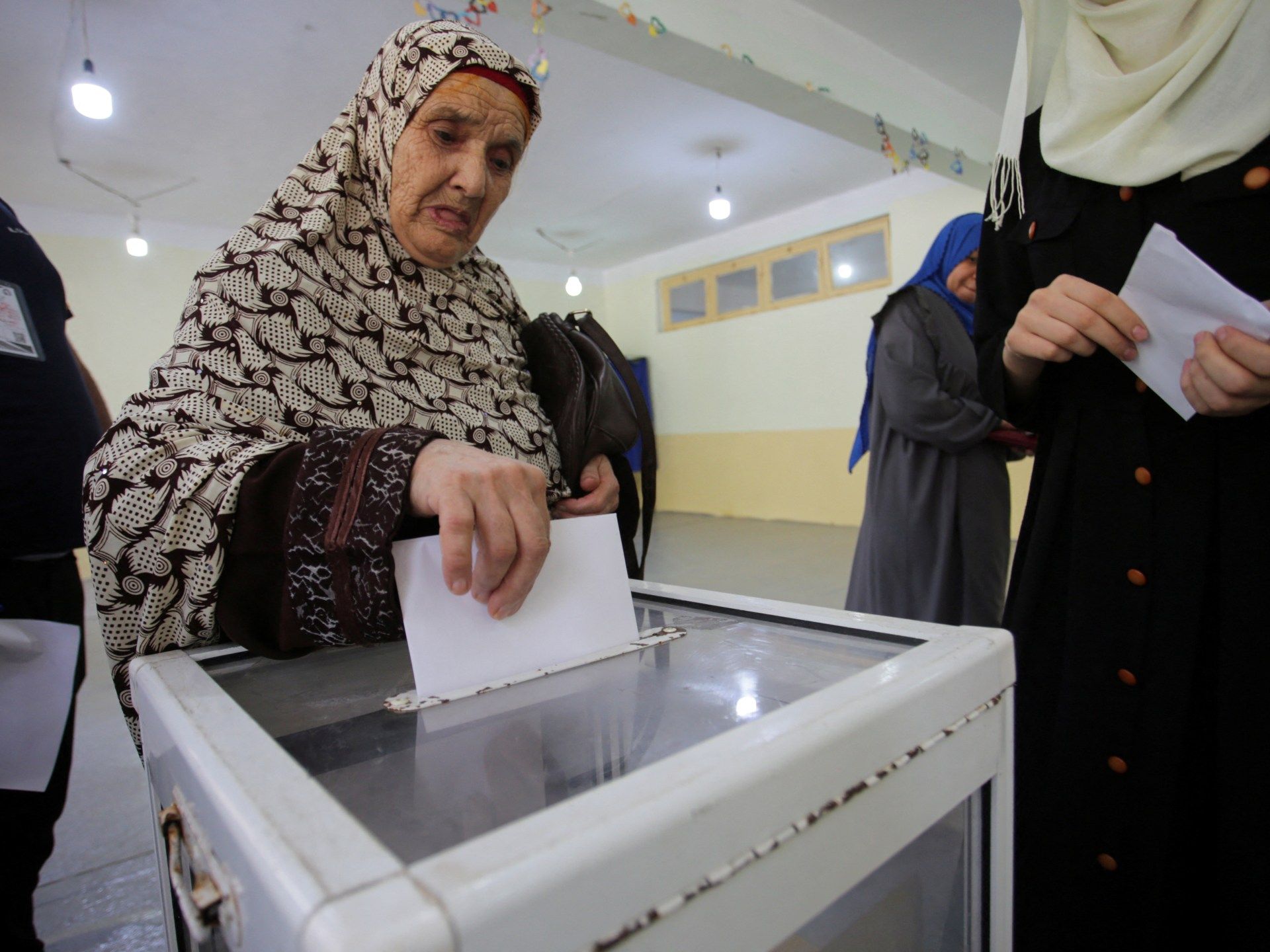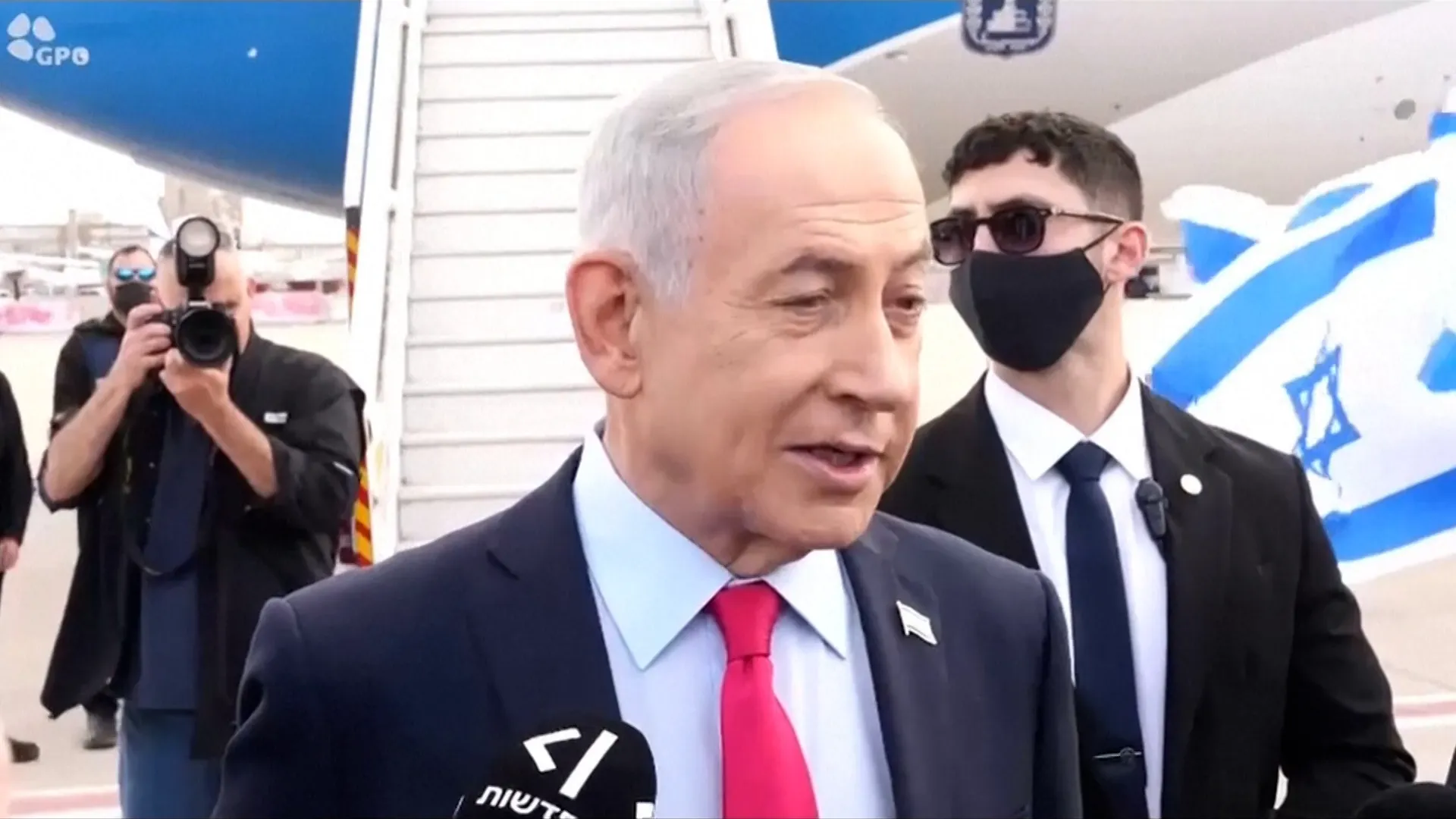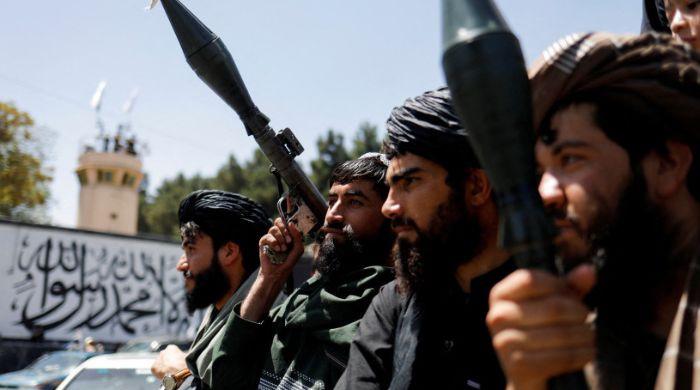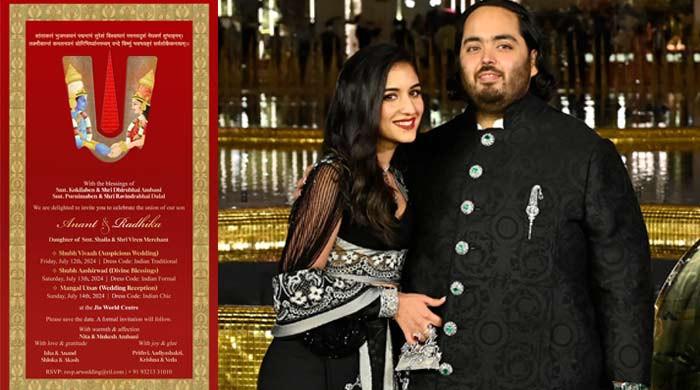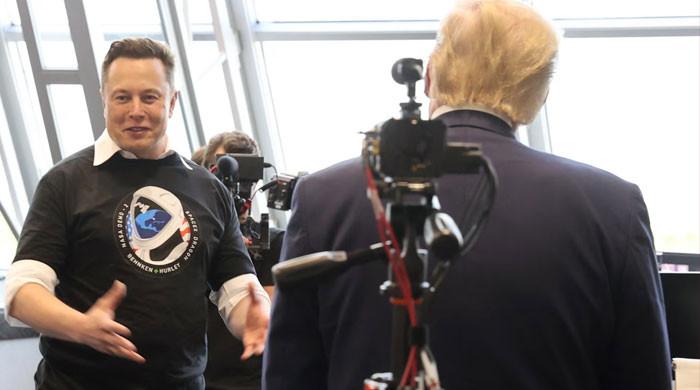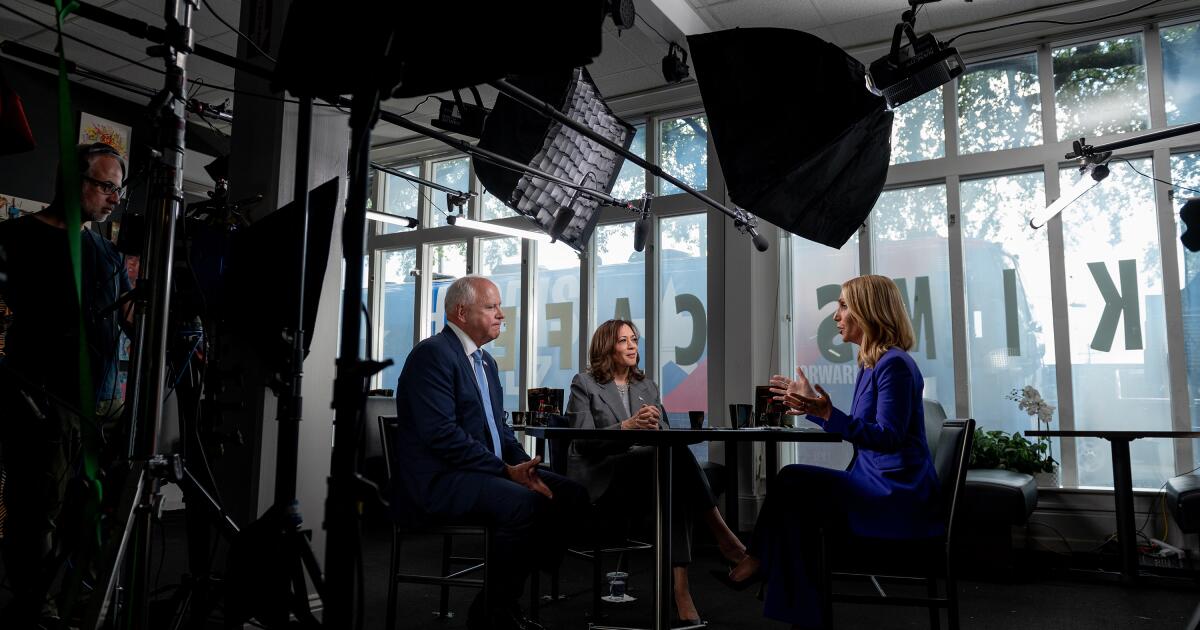The president is expected to win five more years in the elections with no surprises expected.
Voting has concluded for Algeria's presidential election in a vote that is expected to see incumbent President Abdelmadjid Tebboune remain in office for a second term.
Voting began at 8:00 a.m. (07:00 GMT) and was scheduled to end at 7:00 p.m. (18:00 GMT) before being extended for another hour.
Tebboune, 78, is the overwhelming favourite to defeat moderate conservative Abdelaali Hassani Cherif and socialist candidate Youcef Aouchiche.
More than 24 million Algerians registered to vote in the elections.
“Today we begin to build our future by voting for our project and leaving behind the boycott and despair,” Aouchiche said on national television after casting her ballot.
Hassani Cherif told reporters he hoped “the Algerian people will vote en masse” because “high turnout gives greater credibility to these elections.”
Algerians abroad have been able to vote since Monday and the country's electoral authority (ANIE) has estimated turnout at 14.5 percent. The decision to extend voting on Saturday came shortly before ANIE announced a 26 percent turnout nationwide at 5 p.m. (1600 GMT).
Summer low season campaign period
Preliminary results could come as early as Saturday evening, with ANIE set to announce official results by Sunday at the latest.
Campaign rallies have struggled to generate enthusiasm in the nation of 45 million people, in part because of the summer heat.
With more than half of the population young, the three candidates have courted their votes with promises to improve living standards and reduce dependence on hydrocarbons.
Tebboune has touted economic successes during his first term, including more jobs and higher wages in Africa's largest natural gas exporter.
His rivals have promised to grant more freedoms to the people.
Aouchiche says he is committed to “releasing prisoners of conscience through amnesty and reviewing unjust laws,” including those relating to the media and “terrorism.”
Hassani Cherif has defended “freedoms that have been reduced to nothing in recent years.”
The opposition in Algeria is “non-existent”
Youcef Bouandel of Qatar University told Al Jazeera that political opposition in Algeria is almost “non-existent”.
“Everyone would be surprised if Abdelmadjid Tebboune did not win tonight in the first round of the presidential election,” he said.
Boubaker Sellami, an economist, said that while “investors were previously lacking confidence in investing in Algeria, that is starting to change as our laws are being amended and our image is changing.”
“The recovery of our economy depends on breaking the relationship between corruption, money and politics. And that is what has given us a launching pad towards a new economic perspective.”

